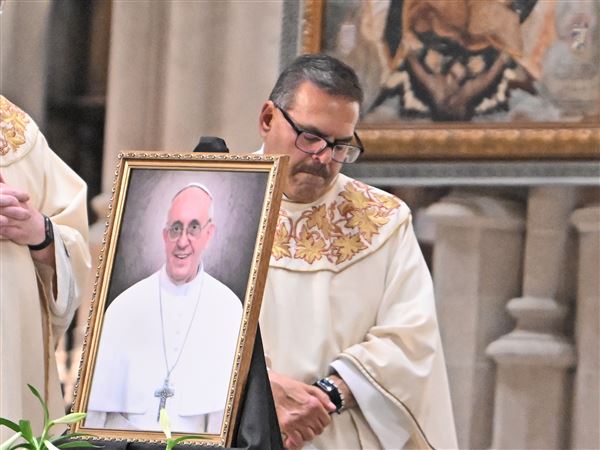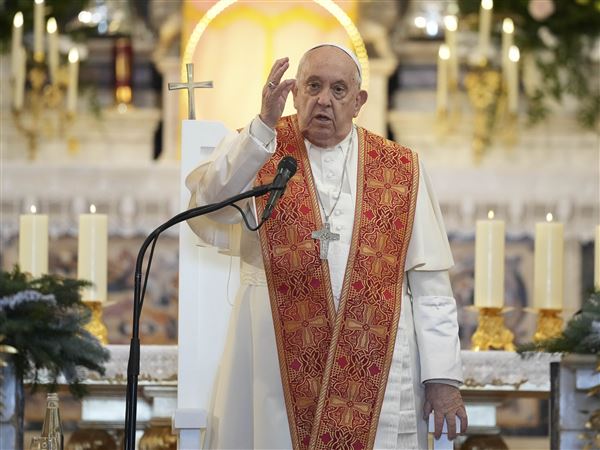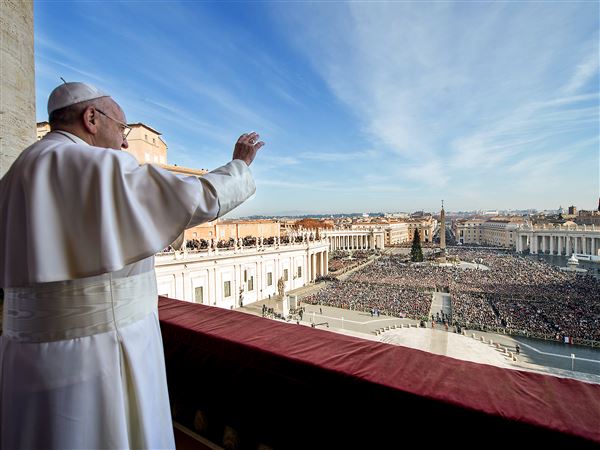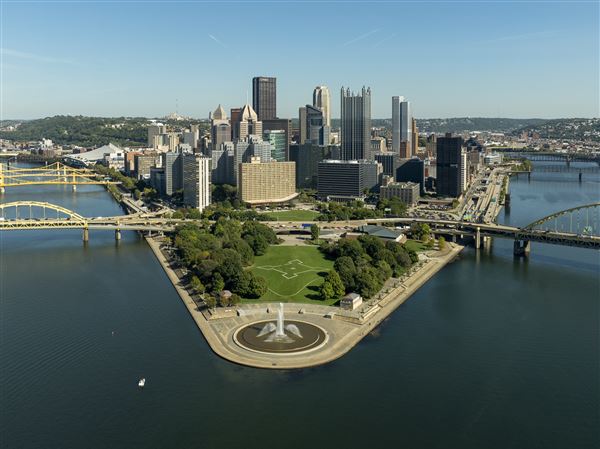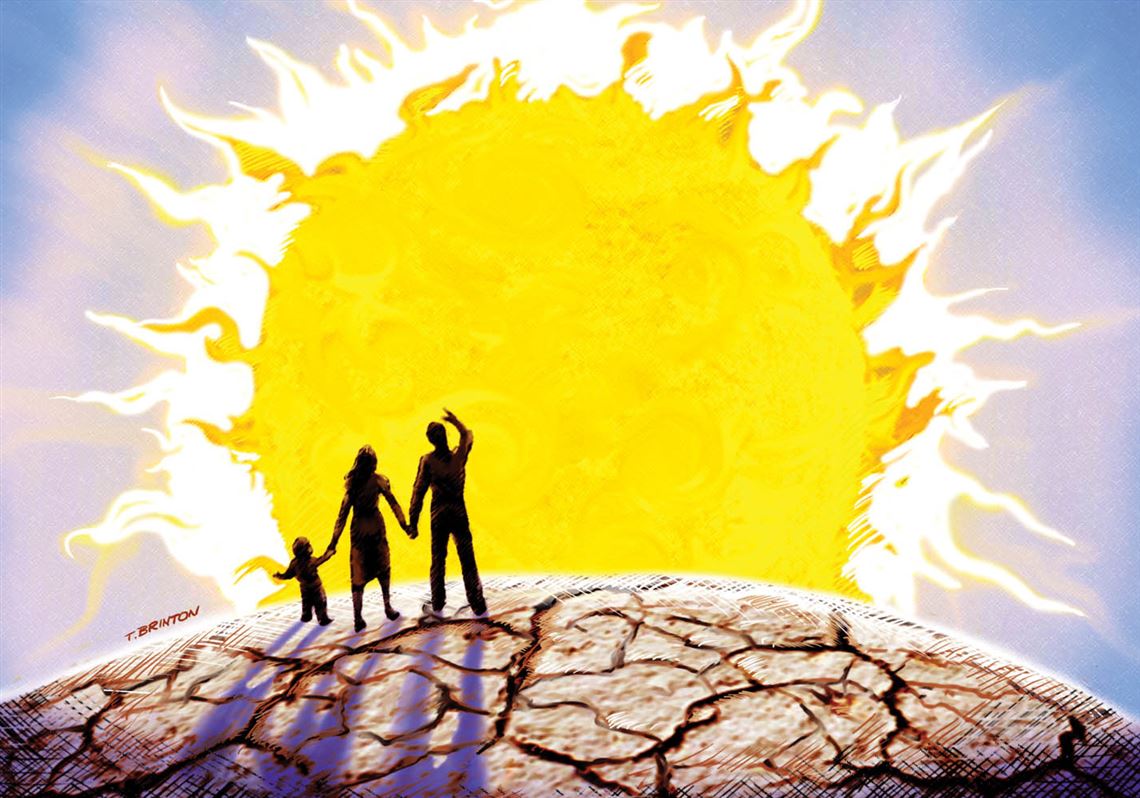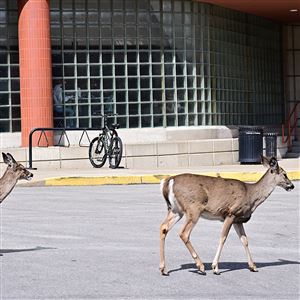There is no reason why solutions to the purported climate-change disaster on the near horizon need to be the most extreme and damaging, while far less crippling expedients are ignored. For example, there is yet to be heard anything from the first civil or scientific authority concerning the 10,000 coal-seam fires burning out of control worldwide, whose carbon dioxide output equals a fifth of what America produces. Placing insupportable burdens on industry and enacting fracking bans is one path to take; however, common sense dictates that every coal-seam fire on Earth be extinguished as a prerequisite to determining what course to take thereafter.
There’s plenty to recommend slow and measured steps. Here’s just one poignant reason why, absolutely deserving of mention. An 85-year-old ex-serviceman froze to death in Tennessee in February. He’d survived the perils of Korea only to succumb to something ill-befitting an aged war veteran: lack of heat in cold weather. Unfortunately, there are plenty of elderly in the United States putting their safety at risk by being forced to pinch pennies with their heat. It’s estimated that thousands die every year due to health complications brought on by frigid domiciles. Last December, however, instead of addressing this problem, officials in New York were busy enacting a fracking moratorium, a surety to increase the price of energy.
Carbon dioxide is not the greatest threat we face. There are other much more prosaic and pressing perils. Pittsburghers, thankfully, know that.
David Nabhan
Spring Hill
First Published: May 7, 2015, 4:00 a.m.
